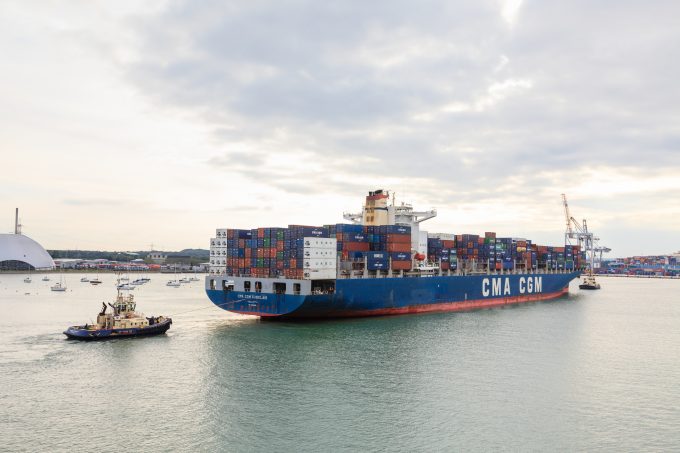New services and reinstated blanked sailings boost transpacific capacity
The Gemini Cooperation has introduced an additional transpacific service as a rush of demand and ...

MSC, Maersk, Cosco and CMA CGM are among ocean carriers that expect to temporarily increase their capacity this year to mitigate the downtime as ships are retrofitted with scrubbers, or for the decontamination of tanks to accommodate compliant fuels, ahead of IMO 2020.
Notwithstanding seasonal supply ...
Keep our news independent, by supporting The Loadstar
Red Sea crisis has driven most new capacity into extended Asia-Europe trades
Rapid transpacific capacity build-up continues – can USWC ports handle it?
Crew forced to abandon ship in latest fire on vessel carrying EVs
The Loadstar Podcast | Transport Logistic and Air Cargo Europe 2025
Carriers on the hunt for open tonnage again as transpacific rates soar
Carrier price hikes hold, driving spot rates higher as space gets scarcer
Uncertainty drives Yang Ming fleet boost as focus switches to Asia-Europe trades
Asia-West Africa ULCV deployment opens new markets for carriers
Project cargo: oversized and heavy, posing risks outside the norm for ports
Turkish Airlines falls foul of air safety regulations, claims India's aviation authority
CMA CGM eyeing multi-billion euro investment programme in Algeria
News in Brief Podcast | Week 22 | Trump’s tariff hurdle, ocean schedule reliability, and rate rise
Air cargo players still wary of long-term block space deals – 'a risk on both sides'
Geely splashes out to meet growing demand by chartering its own car-carrier

Comment on this article